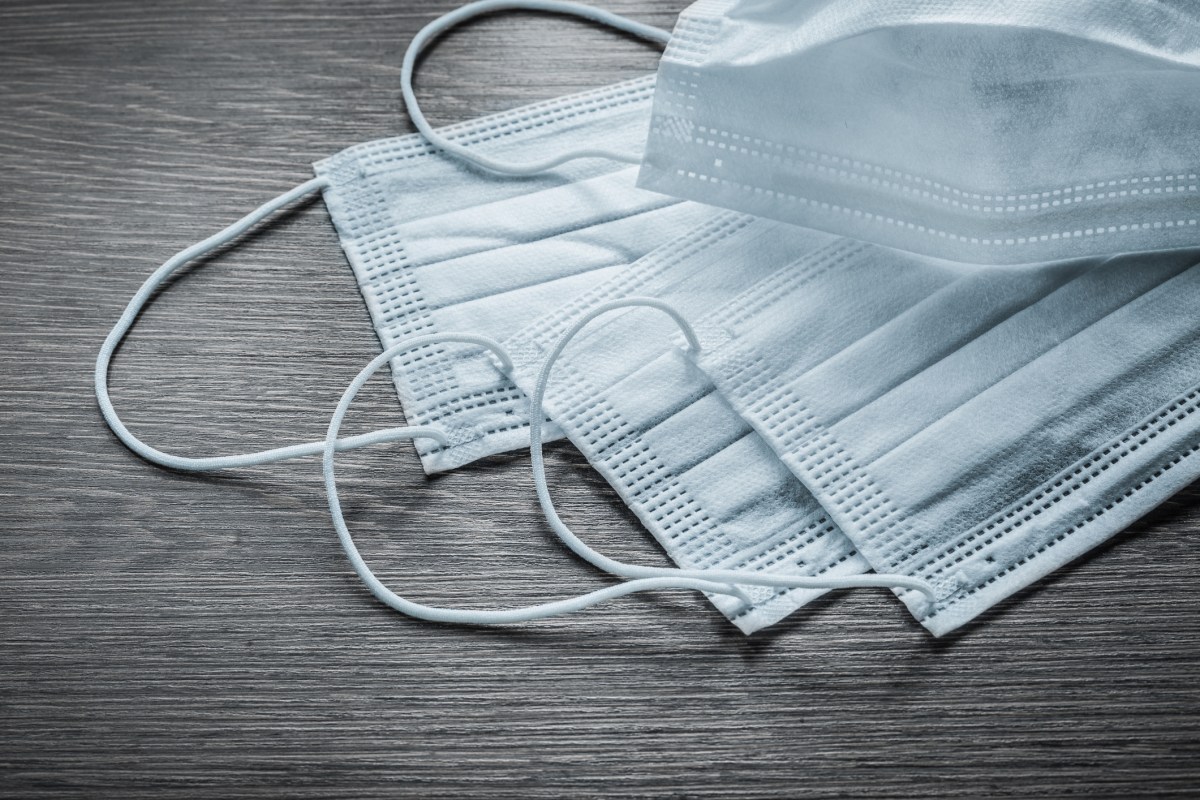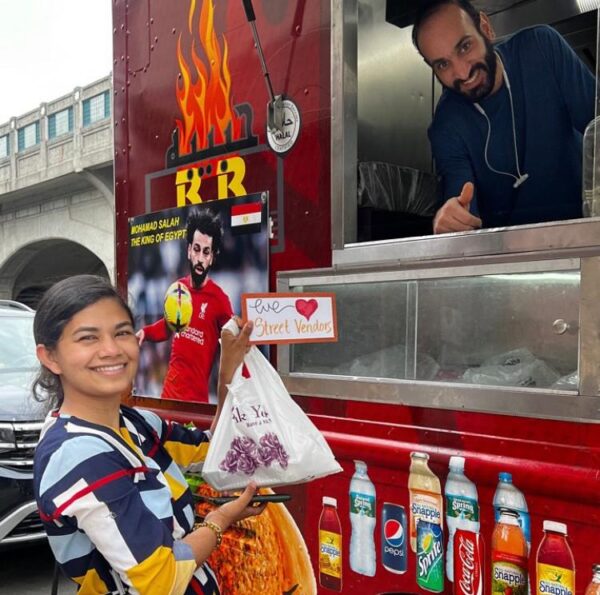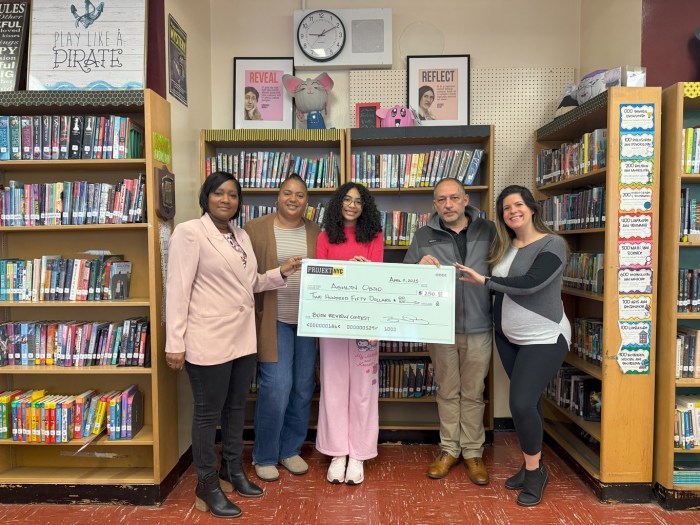Performances may be canceled but costume designers at Brooklyn College’s Department of Theater are still putting their skills to good use by making masks for security guards, custodians, engineers and food pantry employees still manning the campus.
“We have always known that theater has been a lifesaver for so many people and in this instance it really is,” said Deborah Hertzberg, costume shop supervisor in the college’s theater department.
During the early stages of the novel coronavirus pandemic, some health officials debated the utility of face masks. But current Centers for Disease Control and Prevention guidelines recommend wearing cloth face masks in certain public settings especially in places like grocery stores and pharmacies where the risk of spreading the virus is high.
Pressure from elected officials to wear face coverings has gone up in part due to more studies suggesting that a large number of people infected with the virus show no symptoms. By wearing a cloth face covering, people can prevent themselves from accidentally spreading the virus through water droplets emitted when people sneeze, cough or talk.
Initially, the department wanted to task graduate student costumers into making masks for first responders in order to keep their skills up. But after Governor Andrew Cuomo ordered all New Yorkers to wear face masks when not keeping socially distant on Wednesday April 15, the college called on Hertzberg to gather a bundle of designers, with sewing machines at home, to make masks for Brooklyn College’s 100 essential workers.
“We said, of course, we can do that, not a problem,” said Hertzberg who assembled her small but close-knit team of two graduate students, alumni, professor and wardrobe supervisor find whatever they could sew, twist or tie to turn into a face covering.
The team quickly encountered their first hurdle, finding enough cloth and thread to patch together the first order of masks. The cloth they had saved at home and sourced from art stores had quickly run out.
“It’s been really difficult to find elastic and to have anything shipped in a speedy way,” said Hertzberg. “People suggested I use hairbands, so I ordered [those] but that was two weeks ago and I haven’t gotten anything.”
Due to shutdowns and social distancing measures implemented in workplaces, the USPS and companies like FedEx have found themselves short-staffed and slower to deliver packages.
The team got lucky though. A colleague of Hertzberg took a risk and traveled to campus and grabbed as much cloth, elastic, thread and other supplies the mask-making team would need and dropped it off at her home. “From where I am now I can parsel it all out and send it to students wherever they are,” said Hertzberg.
Now, the team is set to deliver all 100 masks to campus workers by next week and will continue to make face coverings for as long as they’re needed.




































